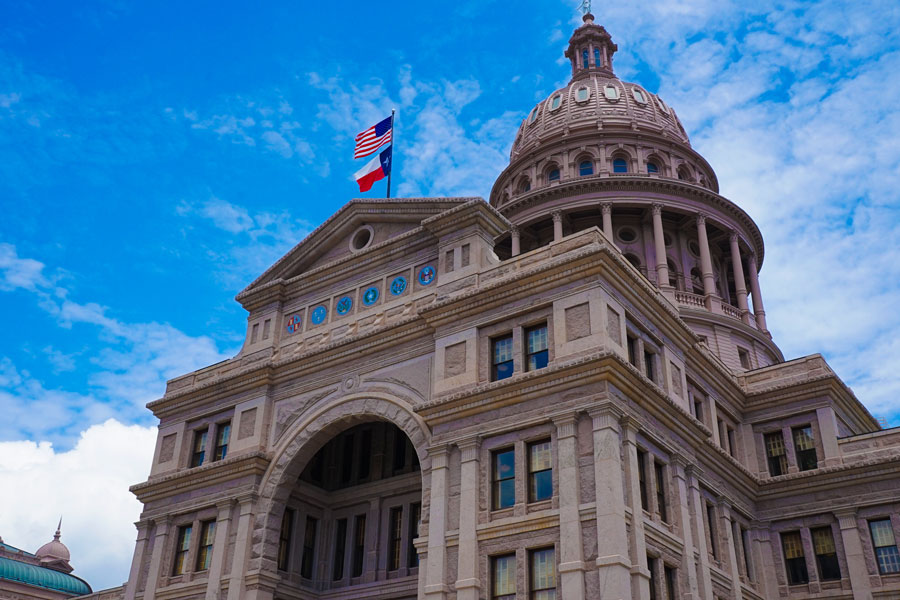Texas State Senate Approves Social Media Anti-Censorship Bill; Would Allow User Content Removal Appeals, Lawsuits To Be Filed by Attorney General

AUSTIN, TX – The Texas Senate approved a bill Thursday that disallows major social media companies from suspending, blocking, or otherwise discriminating against Texan users for their religious or political views, according to reports.
Senate Bill 12, sponsored by State Senator Bryan Hughes (R-Mineola), would apply to social media giants such as Facebook, Instagram, Twitter, YouTube as well as any other platform which has a minimum of 100 million monthly users. It would also require these companies to reveal their policies regarding content moderation, supply periodic reports regarding content removal, and allow users who have had content removed the ability to appeal the decision.
“I think we all have to acknowledge that social media companies are the new town square. A small group of people in San Francisco can’t dictate free speech for the rest of us,” Hughes said in a video posted to Twitter. “It needs to be an open exchange of ideas and Senate Bill 12 is going to get Texans back online.”
If a social media company has been found in violation of the bill, the Attorney General of Texas could file a lawsuit, which – if successful – would allow the state to recoup “reasonable” fees for attorneys and other related costs.
Many Republicans have taken social media giants to task in recent months, accusing them of censoring conservative viewpoints, with Texas Governor Greg Abbott calling it “a dangerous movement” to “silence conservative ideas [and] religious beliefs.”
However, many experts – including Brandon Rottinghaus, a Professor of Political Science at the University of Houston – have questioned the legality of Bill 12 and fully expect it to be successfully challenged in court if invoked, since the First Amendment only prohibits government censorship; private companies are not beholden to the First Amendment and are free to establish their own protocols regarding speech.
“These companies don’t have the same standard that the government does, in terms of protecting the first amendment,” Rottinghaus said. “So it’s not clear that the courts would see this as something that would really stick to these companies, so it’s not clear whether it would pass, legal muster or not.”



Comments are closed.